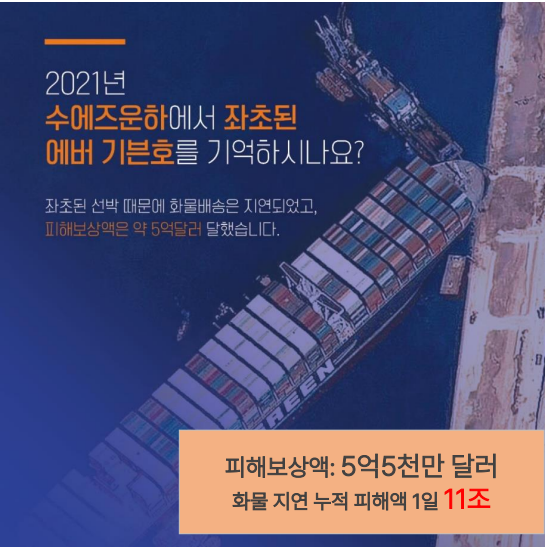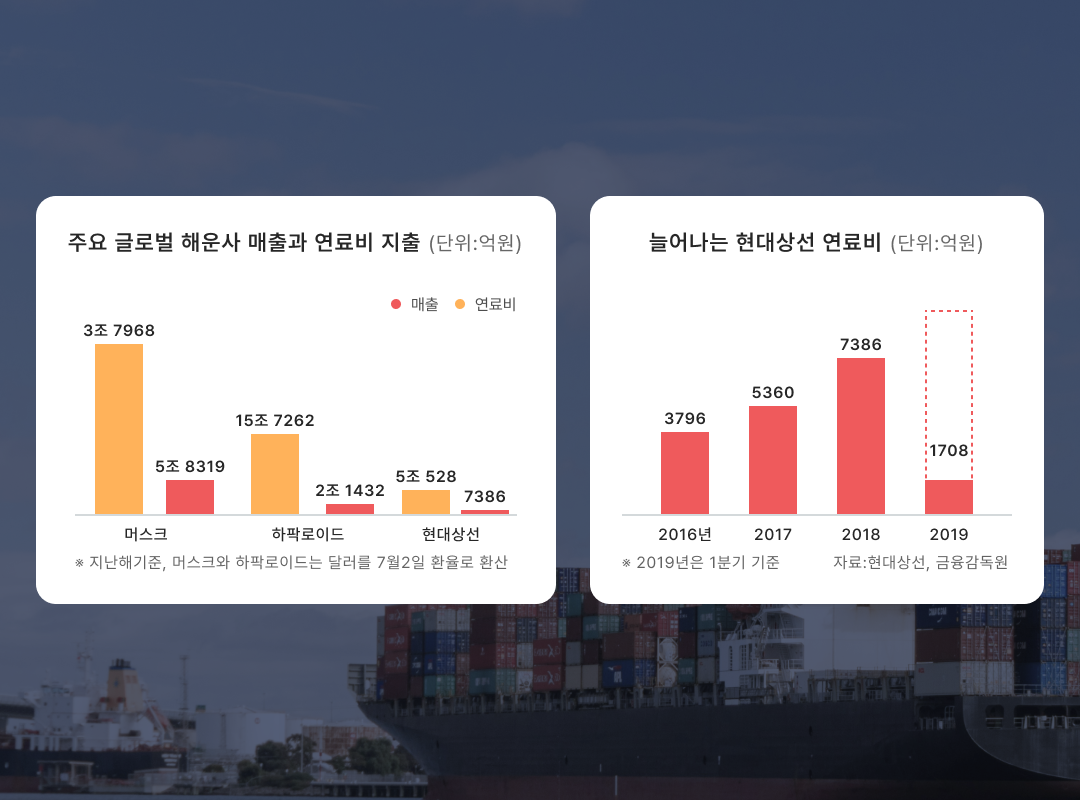Benefits
THE ADVANTAGE
Cost Reduction
The SBM is compatible with a variety of the latest viscosity sensors, controllers, and valve actuators currently available.
Therefore, existing equipment can be reused on ships, saving more than 60% of replacement construction costs.
In 2018, the fuel cost of ships used by Hyundai Merchant Marine was KRW 738.6 billion, and based on temperature-viscosity and fuel consumption papers, it is estimated to reduce fuel costs by KRW 200 million per ship by 2.5% to 6%.
In addition, a failure of the ship caused a loss of KRW 43 million per day for small and medium-sized container ships in case of a certain delay.
It also has the economic advantage of saving annual maintenance costs with features that increase sensor life.
SBM
Existing system
BENEFITS
The fastest and most convenient control system replacement
The Smart Bunker Manager has replaced discontinued sensors with the latest sensors and dramatically reduced cost and time to recover the system.
System Replacement Costs
Compared to existing systems
20MN
Saved
Annual Fuel Cost
200MN
Saved
Additional Effect
11TN
Saved
Problems with
Aging Ship Control Systems

Before Replacement
After Replacement
If existing system is left unattended,
Maximum annual loss
Increase fuel consumption by 2.19% to 6.52% when ships neglect fuel control systems due to various problems (diesel fuel temperature changes cite research on engine performance and combustion characteristics) by 48 billion annual losses, 480 million increase per ship, and increase in greenhouse gases due to increased fuel consumption.



